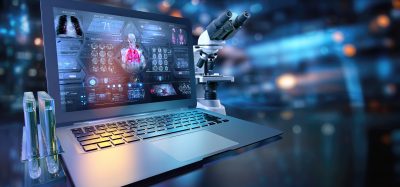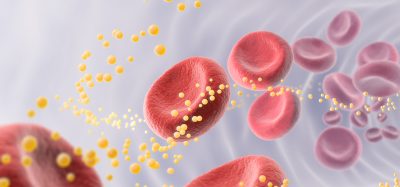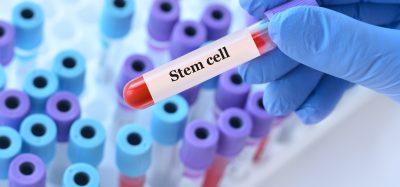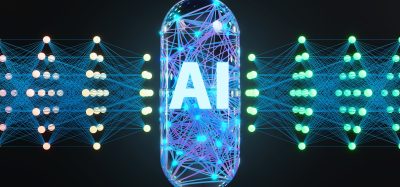Unleashing the potential of lab-grown recombinant polyclonal antibodies
Posted: 17 July 2024 | Dr Sheila Keating (GigaGen) | No comments yet
In this Q&A, Sheila Keating, Vice President of Immunology at GigaGen, a Grifols company, explains how its developments in recombinant polyclonal antibody therapies are helping to build a pipeline of highly effective treatments for a wide range of diseases, including the hepatitis B virus.
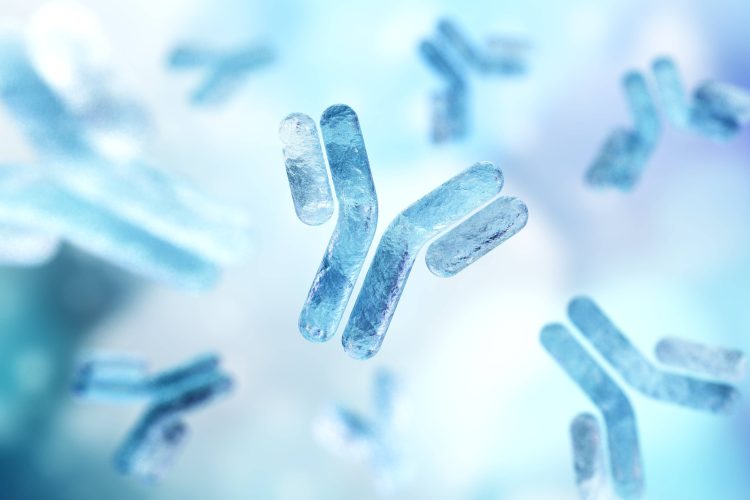

How does GigaGen’s single-cell discovery and development platform differ from traditional methods of producing polyclonal antibody therapies?
While current polyclonal antibody (pAb) therapies are derived from plasma, GigaGen has developed single-cell discovery and development platforms to produce diverse and potent recombinant pAb therapies that are made in the laboratory. This technology captures millions of individual B cell antibody sequences from convalescent or vaccinated donors and replicates the most potent and neutralising antibodies that target a specific pathogen. The final product contains thousands of antibodies, is typically thousands of times more potent than similar plasma-derived therapies, can be produced from a single cell bank in a single manufacturing run and can be purified using similar methods to monoclonal antibodies (mAbs).
Current methods for producing pAb therapies rely on regular plasma donations for their development. Plasma-derived pAb products can be used to prevent and treat infections and are less resistant to escape mutations than mAbs, since the product consists of diverse antibodies from many donors. However, the most potent and efficacious plasma donations are difficult to find and must continually be replenished.
We have seen mAbs used to treat infections, but a single antibody often lacks the ability to neutralise variants that arise (eg, as seen with mAbs targeting Severe Acute Respiratory Syndrome Coronavirus 2 (SARS CoV-2) that lost their efficacy towards new variants). It is possible to get around pathogen escape by mixing a cocktail of individually made mAbs. However, it is still a long and expensive process to identify the best individual antibodies, which then need to be made in separate manufacturing and purification runs.
Biomarkers aren’t just supporting drug discovery – they’re driving it
FREE market report
From smarter trials to faster insights, this report unpacks the science, strategy and real-world impact behind the next generation of precision therapies.
What you’ll unlock:
- How biomarkers are guiding dose selection and early efficacy decisions in complex trials
- Why multi-omics, liquid biopsy and digital tools are redefining the discovery process
- What makes lab data regulatory-ready and why alignment matters from day one
Explore how biomarkers are shaping early drug development
Access the full report – it’s free!
GigaGen’s single-cell recombinant technology enables the selection and replication of a highly specific and diverse antibody response, which can also be modified to create therapeutics that are more potent than those provided by a natural immune response. These therapeutics can also be scaled efficiently in a laboratory setting with no need to continually find new donors. Through this novel approach, GigaGen’s products exhibit remarkable batch-to-batch consistency and enable the generation of highly potent, highly diverse therapies that can target a wide range of diseases.
In what ways can GigaGen’s laboratory-made recombinant polyclonal antibodies be enriched or modified to enhance their therapeutic potency compared to natural antibodies?
GigaGen’s recombinant pAb products are created by copying and replicating the best immune responses from human donors. After isolating the genetic sequences of each antibody from millions of B cells, the antibody sequences are expressed on the surface of yeast (termed yeast display). Using fluorescently labeled antigens for any pathogen or target of interest, the antibody sequences that bind to the antigen are illuminated and can be pulled out of the mixture to enrich for only the most potent antibodies against the pathogen. For example, to make our hepatitis B virus (HBV) therapeutic, we used B cells from vaccinated donors and enriched for antibodies targeting multiple variants of the hepatitis B surface antigen (HBsAg). The final product contains over 1,000 antibodies and is greater than 2,000 times more potent than a plasma-derived HBV hyperimmune. Depending on what is needed to fight an infection, the recombinant pAbs can be bioengineered, for example to increase the therapy half-life or to enhance its ability to induce an antibody-mediated immune responses to help clear infection.
What are the advantages of using recombinant polyclonal antibodies derived from human donors who have shown strong immune responses to specific diseases, as opposed to antibodies sourced from human or animal plasma?
Both recombinant pAbs and plasma-derived antibody therapies can start with donors who are strong responders. However, recombinant pAbs do not rely on continuous plasma sources for production. Additionally, they are more potent than human or animal plasma-derived therapies because we enrich for only the most potent antibodies from the strongest responding donors to include in our products. Produced in controlled lab conditions, recombinant pAbs offer rapid scalability, unlimited supply and consistent quality.
How has GigaGen’s platform demonstrated its versatility through its botulinum toxin programme?
GigaGen’s platform has filled an extensive preclinical pipeline of recombinant pAbs being evaluated for the treatment of chronic hepatitis B, immune deficiency, transplant rejection and rabies. GigaGen’s botulinum toxin programme, in development under a contract with the US Department of Defense, is an additional example of the platform’s versatility in targeting the complicated and numerous serotypes of botulinum toxin. It further highlights the potential of the platform for the generation of recombinant pAb drugs against high-priority emerging pathogens, toxins, or biological threats.
What is the significance of GigaGen’s lead anti-Hepatitis B candidate, and what are the projected milestones for its clinical development?
Despite the availability of vaccines, HBV affects more than 296 million people worldwide, resulting in more than 800,000 deaths each year and there is currently no cure for chronic hepatitis B. Available drugs can halt viral replication, but these drugs must be taken daily for life, and there is little reduction of Hepatitis B surface antigen (HBsAg), the main driver of HBV-related immune dysfunction and chronic disease. GigaGen’s anti-hepatitis B candidate, GIGA-2339, is a first-in-class recombinant polyclonal therapeutic. It aims to clear HBsAg, to support HBV-specific immune responses and to achieve functional cure. GigaGen aims to submit an Investigational New Drug (IND) filing in 2024 and to initiate clinical studies by 2025.
About the author
Sheila Keating, Vice President of Immunology at GigaGen


Related topics
Antibodies, Clinical Trials, Genetic Analysis, Targets, Technology, Toxicology
Related conditions
Hepatitis B
Related organisations
GigaGen
Related people
Dr Sheila Keating (GigaGen)




